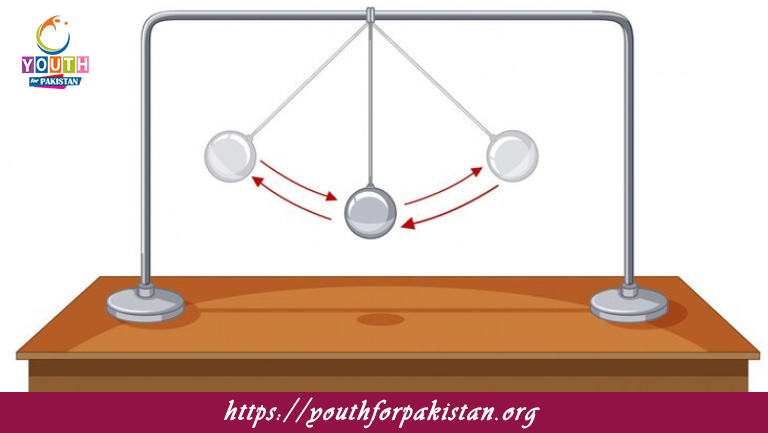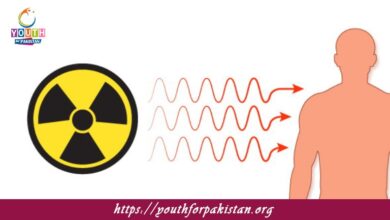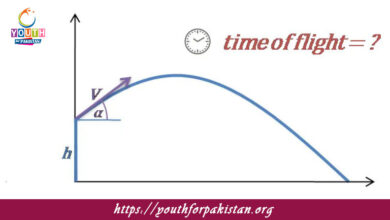Law Of Conservation Of Momentum MDCAT Quiz with Answers

Law Of Conservation Of Momentum MDCAT Quiz—this is the fundamental law in physics and thus forms a key part of the MDCAT preparation for entry into medical or dental college. The law itself states that within any system that does not experience the influence of any external forces, momentum remains constant both before and after any interaction has taken place within the system. It forms a cornerstone for grasping how bodies react to collisions or explosions—issues on which questions are frequently posed within the MDCAT Quiz. A deep understanding of this law is good at equipping one with the capacity to solve complicated problems involving motion and forces.
Understanding the Law of Conservation of Momentum
The law essentially reflects the principle that momentum is neither created nor destroyed in a closed system. Mathematically, this means that if two objects collide or interact, their combined momentum before the interaction is equal to their combined momentum after the interaction. This principle applies to both elastic and inelastic collisions. In an elastic collision, both momentum and kinetic energy are conserved, whereas in an inelastic collision, momentum is conserved, but some kinetic energy is lost. For instance, in a system where two carts collide, the sum of their individual momenta before and after the collision remains the same. MDCAT students should be able to analyze such scenarios and apply the relevant equations to determine unknown values like velocities or masses.
MDCAT Quiz: Questions on Conservation of Momentum
The MDCAT Quiz often includes problems that test students’ understanding of the conservation of momentum in various situations. These may be objects colliding in one or two dimensions, where students are required to calculate the velocities or masses of objects post-collision. For example, a question might ask for the final velocity of two objects sticking together after an inelastic collision or the relative motion of objects after an elastic collision. Mastery of the Law of Conservation of Momentum allows MDCAT students to solve these problems systematically, ensuring accurate results and better performance in the physics section of the exam.
- Test Name: Law Of Conservation Of Momentum MDCAT Quiz
- Type: Quiz Test
- Total Questions: 30
- Total Marks: 30
- Time: 30 minutes
Note: Answer of the questions will change randomly each time you start the test, once you are finished, click the View Results button.
Free Flashcards for Conservation of Momentum
Free flashcards dealing with the Law of Conservation of Momentum can, in a large measure, help improve knowledge retention for effective MDCAT preparation. These flashcards may include important definitions, equations, and practical examples of momentum conservation in both elastic and inelastic collisions. Students are able to review these flashcards regularly to strengthen their knowledge and develop better problem-solving skills. This is how students can be well-prepared to attempt questions on momentum with confidence and accuracy during the MDCAT Quiz.

The Law of Conservation of Momentum states that the total momentum of a system remains __________.
constant

In a collision between two objects, the total momentum of the system before and after the collision remains __________.
the same

The total momentum of a system is the sum of the momenta of __________.
all the objects in the system

When two objects collide in an isolated system, the combined momentum of the objects is __________.
the same as before the collision

The momentum before a collision is equal to the momentum after the collision, provided that __________.
no external force acts

In a system where two objects collide, momentum is transferred from one object to __________.
the other object

The conservation of momentum principle is applicable to __________.
all types of interactions between particles

The Law of Conservation of Momentum states that the net momentum change in a system is equal to __________.
the sum of external forces applied

If the total momentum of a system is zero before a collision, then the total momentum after the collision is __________.
zero
Experience the real exam environment with our expertly designed collection of over 25,000 MCQs MDCAT Mock Tests.





